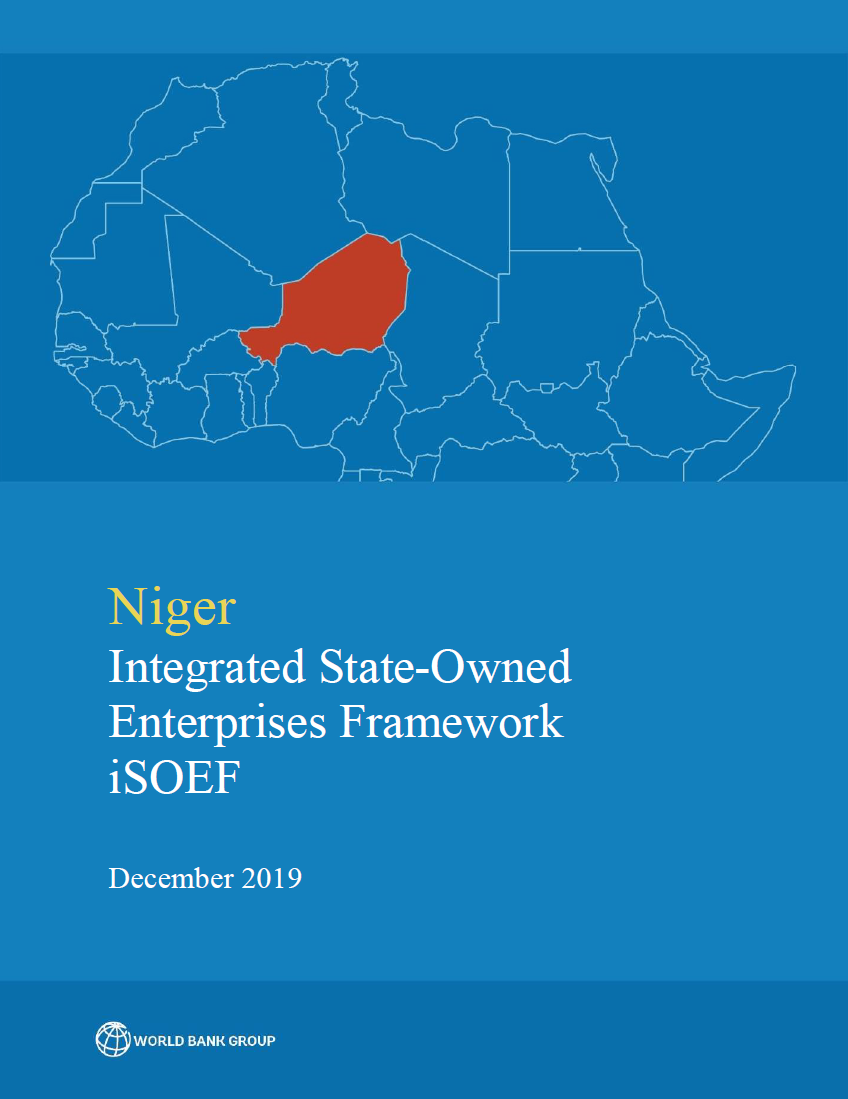Niger integrated State-Owned Enterprises Framework (iSOEF) Assessment

State-owned enterprises (SOEs) play a central role in Niger’s economy, particularly in the oil and gas and mining sectors. SOEs also provide essential public services, such as electricity, water, and telecommunications, while parastatals are active in the education and health sectors. Many SOEs are required to fulfill public service obligations and provide goods or services at below market prices which can generate fiscal risks. These fiscal risks are compounded by SOEs’ access to debt guaranteed by the state. Prepared in close cooperation with the SOE ownership entity in Niger, the integrated SOE Framework (iSOEF) for Niger looks at the SOE landscape in the country, provides a fiscal risk assessment of the SOE sector, including a fiscal sustainability analysis covering different scenarios, and assesses SOE corporate governance practices regarding the legal framework for SOEs, ownership arrangements, performance monitoring, boards of directors, and transparency and disclosure. Based on the findings of the iSOEF, a three-year, sequenced and selective action plan for Niger’s SOE reform has been developed and adopted by the Ministry of Finance.



